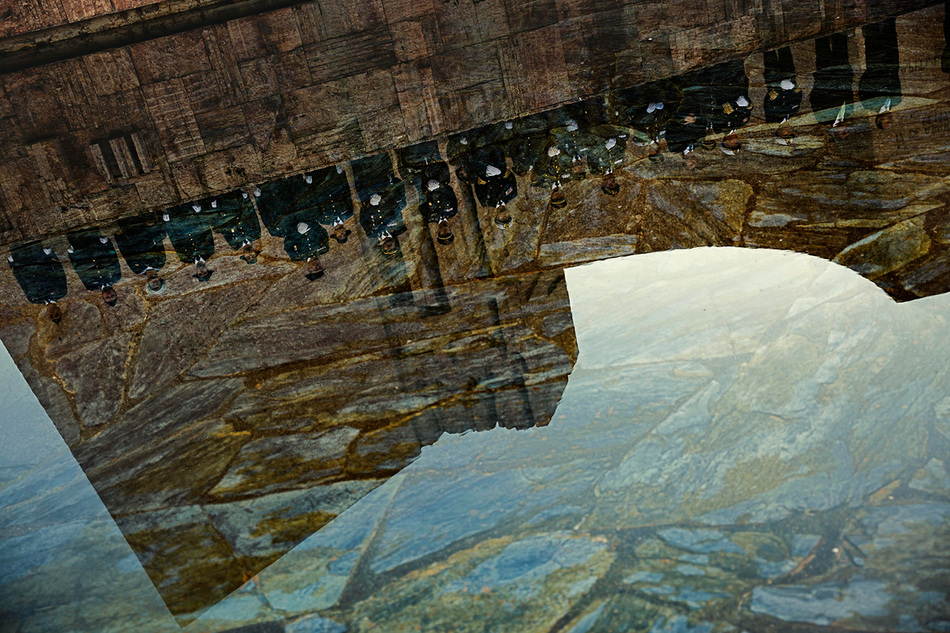The New Religious Wars
For centuries now Europeans have stopped killing themselves because of the religion they practiced. But in today’s ample Islamic world, belonging to one Islamic faction or the other has worsened violence. This without contemplating the merciless confrontations between Muslims and Jews. Although it is true that other strictly political or economic factors intervene in such conflicts, the religious variable still counts.

For centuries now Europeans have stopped killing themselves because of the religion they practiced. But in today’s ample Islamic world, belonging to one Islamic faction or the other has worsened violence. This without contemplating the merciless confrontations between Muslims and Jews. Although it is true that other strictly political or economic factors intervene in such conflicts, the religious variable still counts.
For centuries now Europeans have stopped killing themselves because of the religion they practiced. But in today’s ample Islamic world, belonging to one Islamic faction or the other has worsened violence. This without contemplating the merciless confrontations between Muslims and Jews. Although it is true that other strictly political or economic factors intervene in such conflicts, the religious variable still counts.
In Europe secularization prevails, in other words, religion is reserved to personal life and is not mixed with public matters. In any case, many different branches of Christianity coexist, but peacefully. However, this balance is broken by the pacific invasion of the immigrant population of Islamic tradition. In addition, the Islamic tendency grows in number, and more importantly it does not integrate easily to the European secularized life. On the contrary, the Muslim nuclei in Europe hold a growing percentage of fanatics, the seed of eventual terrorists. It is true that not all Muslims are terrorists, but it is not less true that all terrorists are faithful followers of Allah.
In Spain, a new problem has been uncovered. In the professional army lines a small, but significant, fraction of Muslims is present. The concern of a possible armed conflict with Islamic countries is comprehensible. It is acceptable to remember the tradition of Spanish thirds, in which foreigners constituted a great contingency of the troop. It has always been said that in the painting “The Surrender of Breda” there might have not been any Spanish. Nonetheless, foreigners in the Spanish thirds were usually of Catholic origins. The problem now is much greater, mainly because of the Islamic world’s radicalization. It should not be dismissed with the shallow argument of xenophobia.
